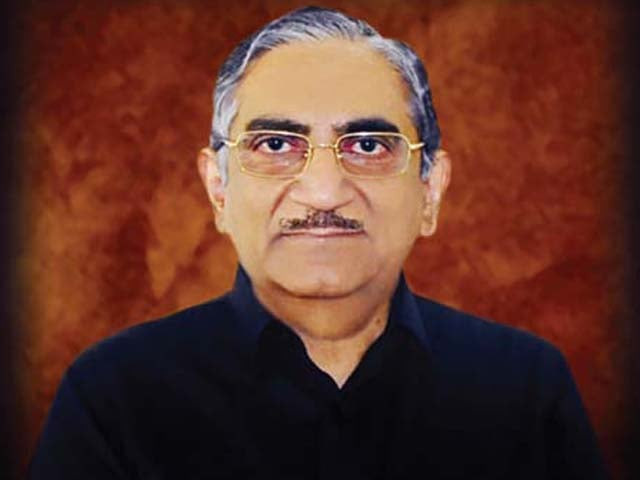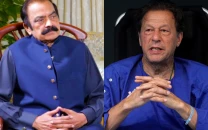Where’s the money? Not in medicine or law
Once upon a time, medicine and engineering were considered the only viable options for students pursuing higher education.

“Previously, people used to go for medicine as it was looked upon as a ‘service to humanity’. Money and status were never a concern back then,” said Dr Humera Riaz.
For Karim Ali, who holds a degree in marketing, career choices are changing. “These days, doctors barely make Rs25,000 a month while a graduate in business or media can easily make up to Rs30,000 to Rs 40,000 per month.”
Ali believes that there are greater opportunities to grow in the fields of arts and commerce, where a Masters degree is also optional. This is not the case with doctors and engineers who must pursue a Masters in order to find good jobs. “Today’s world is highly commercial and there are more jobs in the marketing and business sectors than anywhere else,” he said.
To cater to the diverse choices in education pursued by students within the last decade, the Higher Education Commission (HEC) was forced to formulate a new policy under which it gave licences to 84 universities throughout the country since 2000, with an emphasis on developing disciplines that were not explored before.
Dr Attaur Rahman, the former chairman of the HEC, said that this shift also came about due to the government’s emphasis on the development of new industries since the late 1990s.
Talking to The Express Tribune, Rahman said that the number of institutions catering to higher education, especially in information technology and business, had increased from 18 to 78 in 1998 after steps were taken to improve the higher education system during his tenure.
“Students who wished to pursue doctorates were also sent abroad. This attracted students from various disciplines to pursue higher education,” said Rahman, who added that the HEC had also increased the pay scale of teachers at universities in efforts to attract trained and competent professors. “Their salaries were raised so that they were earning up to $5,000 per month, thus creating a scope for new disciplines,” he said. He believed that a change in government policies can also generate a shift in the careers pursued by students.
International scholarship programmes, such as the US-funded Fulbright, UK’s Chevening or the Australian Development Scholarships-ADS and AUSAID- also allow students to pursue education in fields that were previously unheard of in Pakistan. Anthropology, history of art and media are now popular choices among students who travel outside the country to study humanities and return to Pakistan with a changed perspective.
Haris Tauheed, who currently works for a private television channel, initially pusued a degree in engineering. He decided to study for an MBA and apply for a job in media because he felt that the latter offered him more “adventure”. “Media is such an exciting place to be in. You never know who you will meet and what will happen next.”
Faryal Fatima, who is currently studying photography at a private institute, said that while her parents wanted her to become a doctor, the profession held no interest for her. “It is a very noble profession. Just not interesting enough for me to pursue for a lifetime.”
Since the year 2000, around 16 universities were set up in Karachi, out of which, two are not operational, four are run by the government while the rest are private institutions. Most of them cater to students who wish to pursue degrees in information technology, commerce, business studies and fine arts, with only one university for engineering. No universities were set up in the past decade for students who wished to pursue medicine and law, professions that were once considered unparalleled.
Commander Najeeb Anjum believes that this shift came about when the education system was taken over by private bodies.
“When the government allowed private institutions to be set up, education became more of a business, rather than an avenue of learning,” said Anjum, who was of the view that the private institutions automatically focused on disciplines that were in demand and paid well rather than those which were not well-paid.
Published in The Express Tribune, July 7th, 2010.



















COMMENTS
Comments are moderated and generally will be posted if they are on-topic and not abusive.
For more information, please see our Comments FAQ